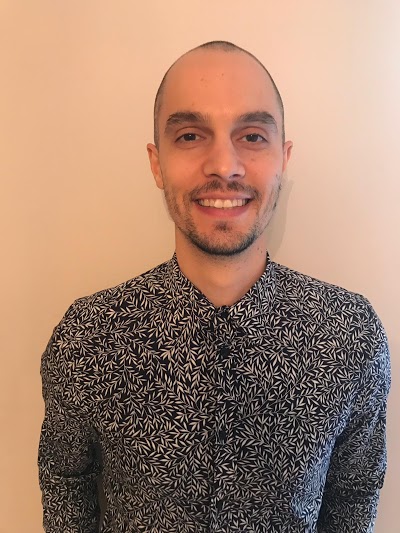Halfway into #Movember and I am seeing an all too common stereotype in the counselling room. It is the stereotype that men should not cry. Similar stereotypes are that men need to be tough and that it is a sign of weakness to show emotions or to seek help. All of which interfere with men's willingness to enter into the counselling room. Sometimes I have men speak to me on the phone, making inquiries, but they are reluctant to go any further. We explore what it means to ask for help, and address their fears or anxieties around challenging their belief that they can't ask for help.
Even once they are in the room, certain stereotypes remain and it can sometimes take a while for a male therapy client to get in touch with his emotions. He is able to see the impact that his emotions are having on his life but might not feel comfortable sharing them with me. He can see how his anger is affecting his partner, or how he doesn't share emotions with his partner. He's been told plenty of times that he is unemotional or hard to read. This is all too common, but is not permanent.
If men have learned to hide their emotions, they most certainly won't have the skill of understanding their emotions, nor the ability to share their emotions with others. A number of tasks remain, then, in the counselling room.
First is to identify beliefs linked to being male. It could mean exploring past experiences e.g. where did the belief start? Who/what added to or maintained the belief? It is important for him to ask himself, "is this helping me?" or "how is this impacting my life?". Often, this sort of belief permeates into other areas like work, performance, satisfaction in life, physical health. Because of the long-term impact on these areas we have a duty to help young men to get rid of such stereotypes so they grow into men who feel comfortable to share their emotions, and to have meaningful connections with others.
Second, it is important to help men to develop their emotional vocabulary. This can be daunting or abstract for some men; however, it is doable with persistence and self-compassion. It helps to simply glance at an Emotions Wheel search for this online , and become familiar with the range of emotions listed. It is worth checking in with yourself throughout the day. Ask yourself how you are feeling, or "What emotion is most present right now?". It might also help to link thoughts and physical sensations to emotions; however, it becomes a bit trickier and often is more effective with some guidance from a counsellor or psychotherapist.
With a new set of beliefs and an ability to recognise and express feelings or even cry my male clients, indeed any clients, in front of me can process and explore other areas of their life. Relieving an obstacle creates positive shifts in lots of ways. An unfortunate truth is that we create our own obstacles, but this also means that we can remove them. I believe in the power of counselling, persistence and one-to-one guidance. I strongly urge all men to talk. To a friend, family member or a professional - whatever feels easiest and most useful. And for all of us to challenge the stereotype that men don't cry - the outcome is a better life for everyone.
Michael Lipo is a verified welldoing.org therapist in Wokingham and online

